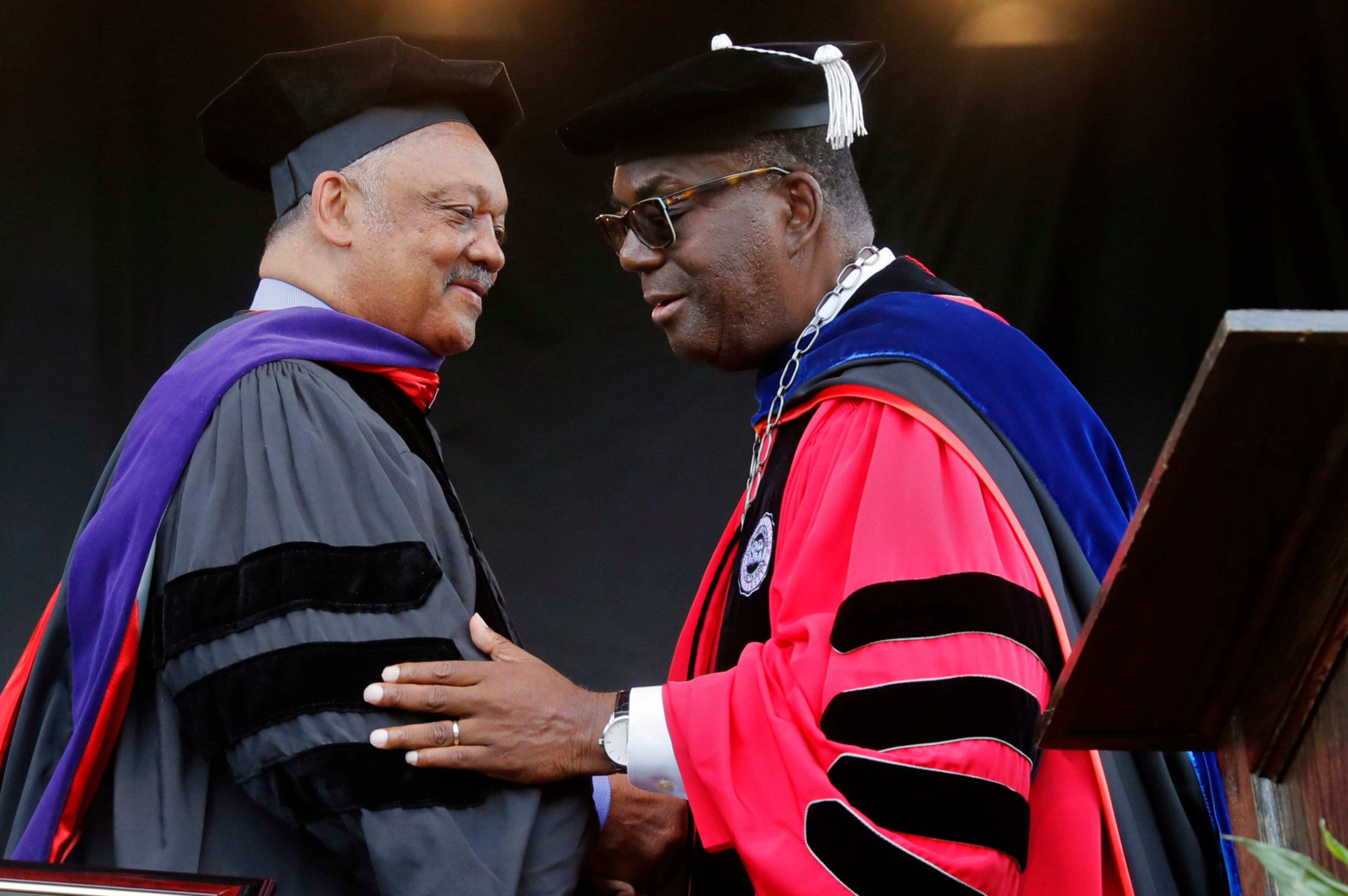Fulton plans $20,000 stipends to lure top teachers to bottom schools
Coming Sunday: The AJC examines how the state’s new evaluation system could affect teachers of lower-income students.
Fulton County’s top teachers could earn $20,000 stipends for working in the system’s lowest-performing schools under a new plan to significantly change the way educators are compensated.
No other system in Georgia offers such pay bumps tied to merit, which are aimed at awarding more money to teachers who elicit high achievement by their students. Fulton is part of a small but growing group of U.S. school systems bucking the long-standing educator pay system to put more focus on rewarding teachers based on standardized tests scores and other measures.
Fulton also wants to reimburse teachers tuition money for earning a master’s and other advanced degrees instead of giving them salary increases – a significant departure from the vast majority of school districts in Georgia and most of the U.S., which pay teachers based on seniority and degrees earned.
“We think teachers who contribute the most to student success should receive the most compensation,” said Ken Zeff, chief strategy and innovation officer with Fulton schools. “Professionals are rewarded for their performance and contribution. Not treated all exactly the same.”
A number of educators, however, are skeptical and say deviating from the traditional pay scale wouldn’t be rewarding them adequately.
Fulton leaders planned to unveil key details of their compensation plan – tentatively expected to be implemented next fall – to a group of the district’s top teachers during a meeting Thursday. Fulton leaders stress no teachers will see a pay decrease but higher-performing teachers would see increases under the model.
As part of the plan, Fulton would initially place up to 20 high-performing teachers in at least two elementary and one middle schools that are under-performing. The teachers would be expected to stay at the school at least two years. To qualify, a teacher would be in the top 25 percent on Georgia’s new student growth measure, which is based on standardized test performance.
Close to 20 Fulton schools in the bottom 20 percent of the state’s College and Career Ready Performance Index (CCRPI) scores are considered “potential receiving schools” for the highest-performing teachers. Only a few of those schools would be included, to begin with. Principals and interview panels would ultimately determine which teachers are the best fit for their schools, Fulton leaders say.
Eligible teachers for the stipends cannot be at a “potential receiving school.” But the district is looking to offer $10,000 stipends for existing teachers at the receiving schools who meet eligibility criteria as a “way to provide some compensation to those ‘superstar’ teachers already serving in those schools,” Zeff said.
He said the stipend is higher for teachers moving into those schools because “bonus models that simply pay teachers for a job well done do not lead to improved student outcomes. Therefore we want to devote more of our resources toward enticing more high performing teachers to come in and work in struggling schools.”
Fulton leaders say they're modeling the plan off a recent study commissioned by the U.S. Department of Education that looked at 10 districts in 7 states, which tried a similar program. The study found that with the teacher transfers to low-performing schools, test scores at the elementary level rose while those at the middle school level were mixed.
As for tuition reimbursement, participating teachers would receive $31,500 over 6 years after receiving their degrees. Teachers enrolling in advanced degree programs after Sept. 30, 2015 (the district’s tentative date), would participate in the tuition reimbursement program. Marietta city schools are also embarking on a similar tuition reimbursement program.
Research on pay shows little correlation between teaching effectiveness and educational attainment beyond a bachelor’s degree, except for some impact in high school math and science classes.
Tying teacher pay to student achievement has been fiercely debated in recent years, but not many U.S. school districts are aligning pay more closely to student achievement, said Dale Ballou, associate professor for public policy and education at Vanderbilt University’s Peabody College.
“We’re still at the talking stage,” said Ballou. “There’s a lot of opposition” to changing the compensation model. Prominent teacher groups like the Georgia Association of Educators are skeptical of such changes.
“Tuition reimbursement does not quantify the long-term investment teachers make in their profession, and without salary increases their retirement benefit is adversely impacted,” said Tracey-Ann Nelson, director of government relations and communications for GAE, in a released statement.
“We understand Fulton County is trying to find ways to improve student outcomes and while we appreciate their efforts, the cost – benefits may not be advantageous to the professional.”
Georgia Senate Education and Youth Committee Chairman Lindsey Tippins, R-Marietta, says legislative leaders have looked at changing teacher compensation, and he lauds districts like Fulton for moving toward a pay system based more on merit.
“I think this is a conversation that definitely needs to take place,” he said. “Anybody who’s ever run a business realizes you need to dedicate additional resources to the areas where you have the greatest challenges.”
Daniel Waldroup, who teaches social studies at Roswell High School in Fulton, was among the group of teachers who helped district leaders design the compensation model.
“Theoretically, I’m on board with the idea of being paid according to how well you do your job as opposed to just kind of how many years you’ve been there or … degrees you’ve earned,” said Waldroup.
“I think most teachers generally are sympathetic to that idea. If I work hard, do a good job, I ought to be rewarded for that. And if I’m just counting down the years to retirement, then why should I be getting paid more than someone who’s doing a better job than me.”



